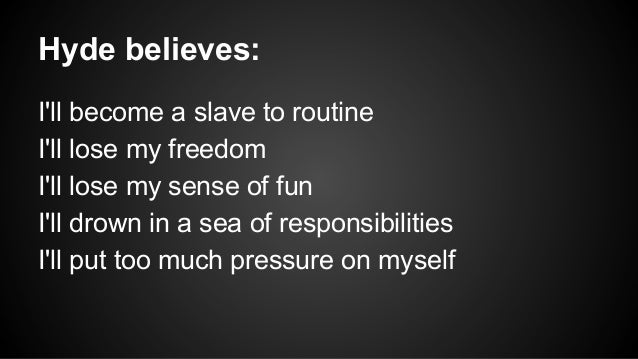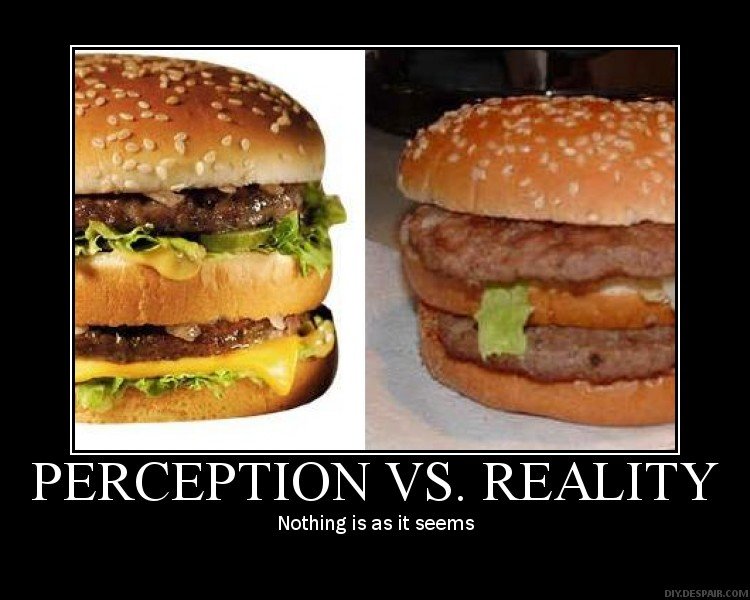Don't like the word ROUTINE...?

Me either;) so I chose different way of looking at it...
Chose your own, exciting daily routine you will want to commit to

Treat your workouts like business meetings or appointments. Schedule them in your calendar as recurring
events every week. You’d never miss a meeting with your boss or a date night
with your partner. Treat your workouts with the same level of urgency and
respect.
Try to space your workouts
over the week and keep at least 1 day between them. Try to combine one push and
one pull muscle group in each workout session, such as:
·
Chest and back
·
Shoulders and arms
·
Legs
If you’ve never lifted weights
before, please please please please please find someone who has, so they can
build a good program for you and show you proper technique. Don’t just turn up
at the gym and jump on the machines — you’ll
make zero progress and give up.
Find a friend and ask them to
come to the gym with you for a few weeks. Better yet (and if you can afford it)
hire a personal trainer. They’ll not only show you what to do and how, but
they’ll hold you accountable too.
As a final option, find a
program and watch the instructional videos on your phone at the gym before
you start an exercise. Always focus on form first and weight second. If you
lift heavy because everyone else is, you’ll injure yourself and you’ll be out
of the game.
To build your foundation, you
want to focus on keeping your metabolism high when you’re NOT in the gym, which
means moderate weight for 10–15 reps over 4 sets per exercise. Bonus points if
you add super sets or pyramiding. I added super sets to my routine 2 years ago
and I’d estimate it increased my progress by at least 30%.
Before you workout, have some
sort of pre-workout snack. Coffee is a popular pre-workout, but I like a banana
and a few scoops of Optimum Nutrition’s pre-workout powder. You need energy
stores to lift weights and sugar (such as fructose from fruit) converts into
useable energy fast. Don’t eat a huge meal before going to the gym.
When you’ve finished your
workout, make sure you eat protein and fast-digesting carbs within an hour. I
like to have a protein shake and some fruit, like 2 bananas or a tin of
pineapple slices.
After a workout your body goes
into a catabolic state where it starts to break down muscle for fuel, so having
a high-carb meal prevents that and keeps you in an anabolic state (muscle
building) as your body starts to repair the (good) damage you made to your muscles
(micro tears) during your workout.
Once you’ve built your
foundation (lost excess fat) and want to put on some muscle, you can lower your
reps (from 10 to 6–8) and increase your weight.
When you want to continually
gain muscle over time, I’ve found it helps to do 1 of the 3 things during every
workout for at least one exercise:
·
Lift heavier weight (without sacrificing form)
·
Reduce rest time between reps
·
Reduce rest time between sets
https://medium.com/personal-growth/the-misunderstood-psychology-of-weight-loss-how-to-lose-30-pounds-in-2016-c26fbd8e16f3




